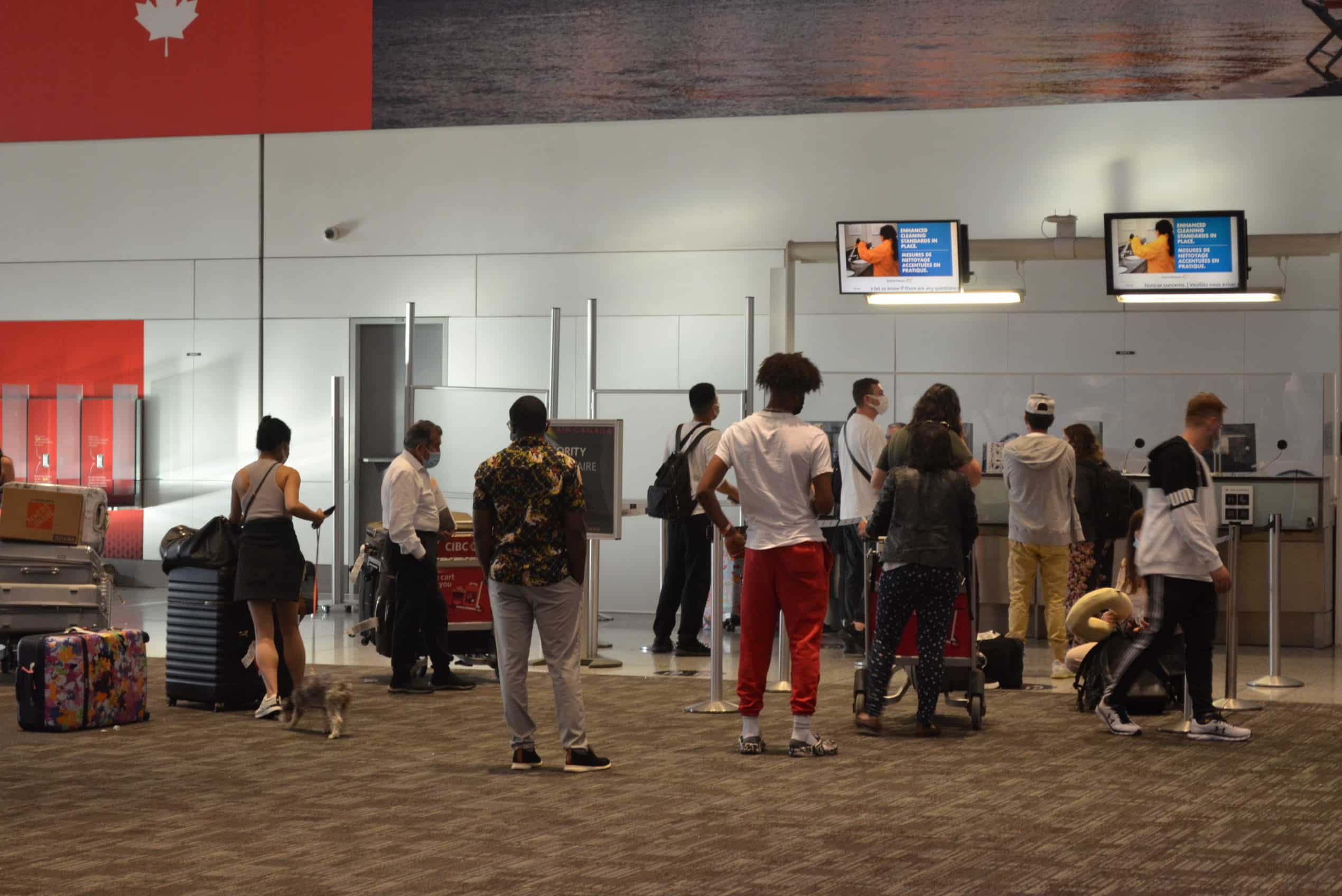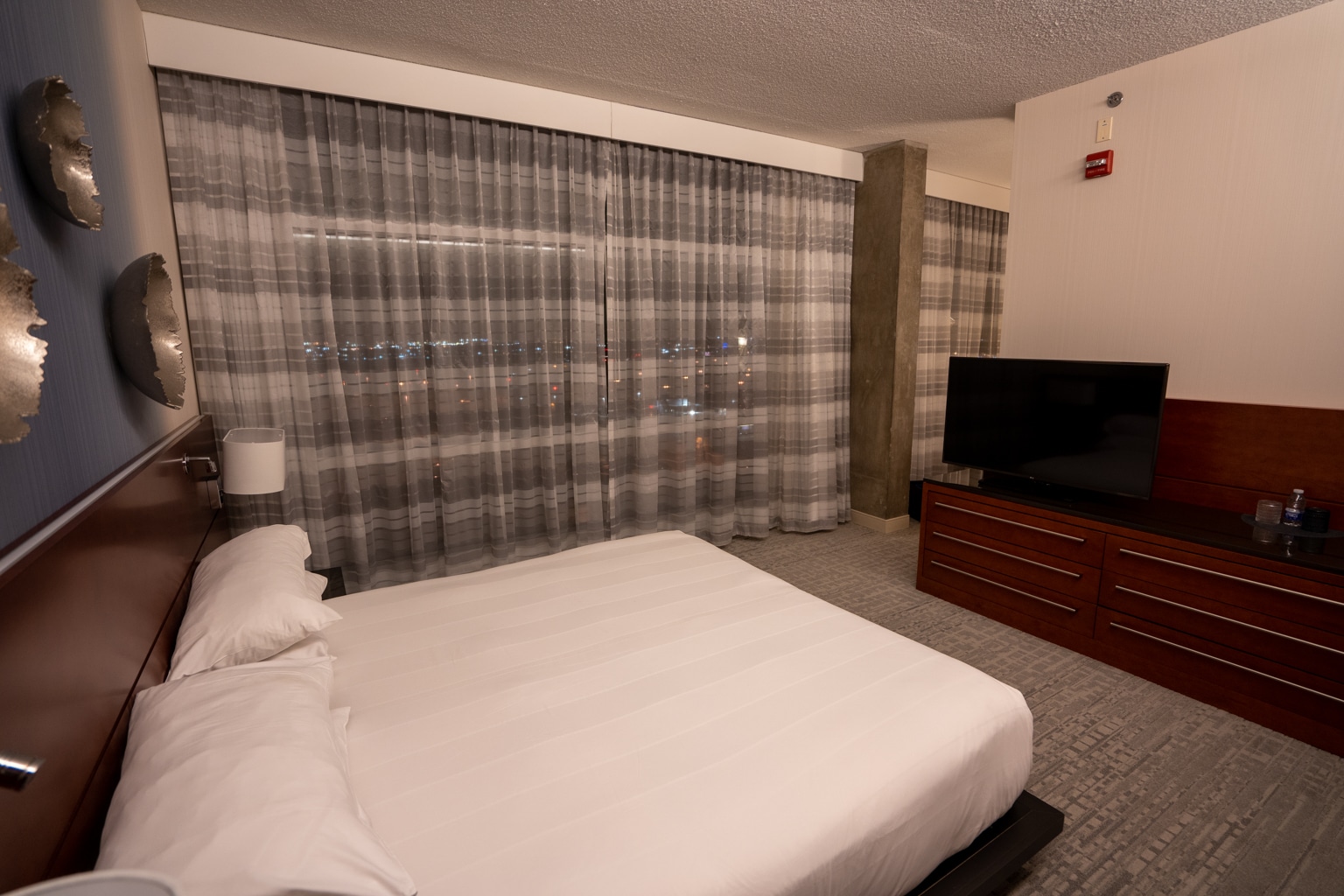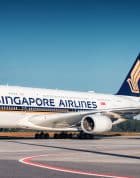I’ve been watching the ongoing drama playing out in the Canadian air travel landscape. Airports continue to be crowded, flights are still delayed, bags are nowhere to be found, and passengers are still being left stranded.
In fact, things have gotten so bad that key players in Canada’s travel scene, including the Minister of Transport, were summoned to testify at a House of Commons transport committee this week. I’m not sure that anything of substance came out of the meeting, but at least more attention is being brought to the matter.
Let’s have a look at the status of the debacle, and see if anything of substance is taking form to address the many issues that have been plaguing passengers in Canadian airports.
What’s Happening in Canadian Airports?
If you’ve paid any attention to the news lately, or perhaps if you’ve travelled through Canadian airports this summer, you may have seen images of chaos and frustration from start to finish.
Impossibly long lines form for everything, all the way from check-in to security to the help desks, where passengers aren’t really being helped. After waiting in line, some travellers have been instructed to spend hours on hold when employees reach the end of their shift and no one else has been scheduled to replace them.
If you’ve managed to actually board the plane you paid to be on, you may be delayed once, twice, or even seven times before your flight just gets cancelled. And, of course, you may have been told seven different reasons for the root cause of the delay.
Many passengers have been left hungry and stranded, having to fend for themselves at airports after cancelled and delayed flights. Meal vouchers, should you be lucky enough to receive them, don’t really help if there aren’t any restaurants or shops open to redeem them in.
Although some delayed passengers are entitled to accommodation in a hotel, absurdly, some are being handed a yoga mat to throw on a filthy airport floor for the night. Sorry, but I’d rather namaste somewhere with a bit of privacy and some basic comforts, especially if I’m travelling with children.

If, by stroke of luck, you actually manage to reach your destination, the last piece of the puzzle is whether or not your bag made it, too. Shocking images of luggage mountains have popped up in airports across the world, which doesn’t instill a lot of confidence that you’ll receive your trousers and some fresh socks after an arduous journey.
Who would have thought that Apple AirTags could have become must-have items for travel gear? In some cases, AirTags showed proof that the luggage got to have more of a vacation than the passengers themselves.
The problems are many, and it’s morphed into the entire summer travel season being an embarrassingly hot mess.
For what it’s worth, my few summer travels have been relatively smooth, and it’s not the case that every trip is as bad as its played out in the media.
My only travel misfortune this summer came at the end of July. We threw caution to the wind when we headed to the centre of the airport-delays-and-missing-luggage universe and spent a week with friends and family in Toronto.
When our bags didn’t arrive right away, I was licking my chops thinking about the damages that I might incur. Our bags eventually came, but for some strange reason, they were delivered to the international terminal instead of the domestic one.
An employee had to manually search for each piece of luggage on the carousel, and then toted them over to the domestic baggage area on a cart.

While it was a minor inconvenience to have to wait for an hour to collect our bags, we were updated relatively frequently throughout the ordeal, and everything arrived intact.
In the event our luggage didn’t arrive in a timely fashion, or if our flights were delayed, I was fully prepared to exercise my rights either through credit card insurance or through the Air Passenger Protection Regulations.
What’s Being Done to Fix the Mess?
The issues negatively affecting passengers have indeed been happening for a while now.
Earlier on in the year, as restrictions lifted and people became more comfortable with the idea of travelling for work, leisure, or out of necessity, seats filled up and the airlines began raking in tidy sums of cash, after raking in tidy sums of cash through government subsidies throughout the pandemic.
The sharp increase in passenger volume, coupled with the ongoing labour shortage, quickly overwhelmed the air transport infrastructure, and airports, airlines, and governments scrambled to react.
Airlines reacted by cancelling flights, hiring or rehiring as many employees as possible, and rescheduling or (maybe) refunding passengers. Airports pleaded with governments to adjust pandemic-related requirements that had been downloaded onto them, but were met with the sound of crickets.
Governments blamed passengers for being out of practice with security procedures, and then put responsibility on everyone else.

For a while, Canadian airports have been amongst the worst in the world for on-time performance. Toronto Pearson was recently bumped from first place to second place, as London Gatwick overtook it as the airport in pole position for miserable passengers.
While it’s a complex situation, everyone seems to be blaming each other and passengers continue to bear the brunt of the consequences. Things are beginning to trend in a better direction, but the problems are likely to persist.
What About the Air Passenger Protection Regulations?
With so many passengers affected by flight delays and missing luggage, you may think that Canada’s Air Passenger Protection Regulations (APPR) have been living up to their name. The reality, however, tells a much different story.
When the APPR came into effect, politicians patted themselves on the back and used words such as “world-leading” and “transparent” to describe the new regulations.

When the APPR were fully implemented in December 2019, the aviation world was a much different place. No one could have predicted the profound changes to the status quo caused by a global pandemic.
Aside from the refund fiasco, the APPR were again put to the test in light of the numerous delays, cancellations, missing luggage, and general disruptions to travel plans this summer.
Under the APPR, passengers are due compensation for flight delays that are within the airline’s control and not required for safety reasons. The Canadian Transportation Agency (CTA) suggests that common reasons for these types of delays might including staffing, scheduled maintenance, and overbooking.
After dodging the requirement to refund passengers during the pandemic, Canadian airlines continue to skirt the APPR by claiming that staffing shortages are within their control but required for safety purposes, therefore avoiding having to pay compensation to passengers.
(It looks like Miles & Points enthusiasts aren’t the only ones who like to find loopholes…)
Furthermore, even with “strong” direction from the CTA, who made it very clear that crew scheduling issues are, in the vast majority of circumstances, indeed within the airline’s control and not required for safety, airlines continue to interpret the rules as they wish, seemingly without any consequences.
Under the APPR, airlines can face penalties of up to $25,000 per incident of non-compliance. In the last fiscal year, only $44,000 of the roughly $255,000 issued in fines was against airlines; the other $210,000 was levied against railways.

So, it appears that aside from some unbecoming stories surfacing in the media, airlines aren’t being penalized whatsoever for their actions. Without any penalty, it’s no wonder that airlines do as they please, which leaves passengers enraged when claim after claim is being denied.
If an airline denies a claim, passengers can escalate the complaint to the CTA, who is supposed to mediate the dispute between the passenger and the airline. With a backlog of over 18,000 cases, don’t expect a timely response, even after $11,000,000 of funding was thrown at the CTA to address the backlog earlier this year.
Let’s suppose that a flight delay is actually due to an issue within the airline’s control but required for safety purposes. In these situations, passengers aren’t entitled to compensation, but they are entitled to minimum standards of treatment that include food and drink in reasonable quantities, and hotel accommodation in the event of an overnight delay.

It seems that airlines aren’t even living up to these requirements, as nowhere in the APPR are yoga mats mentioned as a comparable alternative to hotels. Unless airlines have large stockpiles of yoga mats for overworked and underpaid frontline staff to use during their breaks, someone had to sign off on bulk orders of yoga mats, which is likely much cheaper than a night in a hotel for each affected passenger.
The only timely solution to these many woes puts the onus on the affected passenger to do most of the work. People still have to resort to taking the matter to small claims court in order to receive compensation or reimbursement for the minimum standards of treatment they’re supposed to be entitled to under the APPR.
Frankly, I think this is embarrassing, and I hope that someone, somewhere actually starts to take responsibility for this mess before it gets even worse.
Amsterdam’s Schiphol Airport seems to be doing more than any responsible Canadian entity by announcing a compensation program for passengers affected by delays this summer. It’s nice to see someone stepping up to the plate, instead of either smugly patting themselves on the back, making up their own rules, or doing nothing at all.
Conclusion
I haven’t been personally affected by travel chaos this summer, but many other travellers have. The problems don’t appear to be going away quickly, and there don’t appear to be any reasonable solutions in the pipeline.
Staffing shortages remain an ongoing issue throughout the world, and other factors contribute to the mounting problem, too. Personally, I’d rather fly in a safe aircraft that is fully staffed than in one with tired pilots or crew that isn’t fully set to deal with an emergency.
What we’re seeing in Canada is the dodging of responsibility, a lack of consequences, and the denial of wrongdoing. Unfortunately, it’s the travelling public who are affected the most, even though they are the ones who are supposed to have the most protections.




















Like the author, I haven’t had any of the experiences that media is making hay with. Are we so short of problems that we need to invent new ones?
If you think this is a problem that was “invented” you’re insane. You and one other individual had no issues – must be all lies. Give your head a shake. Stop feeding into all the nonsense the federal government is spewing.
Government and airlines are both equally as responsible but the government is supposed to defend the public and has miserably failed in this country.
Surely Canadian flights to or from the EU should be covered by EU legislation?
€600 for delays longer than 3 hours on flights longer than 3500 km.
https://europa.eu/youreurope/citizens/travel/passenger-rights/air/index_en.htm
Flights to the EU on non-EU airlines aren’t covered by EU261, but all flights departing from the EU are.
Just flew Air Canada from Toronto to London via Montreal. And then on to Oslo and Svalbard with SAS on Aug 14. Luggage arrived Svalbard Aug 19. Luggage didn’t make the connection in Montreal. We have Apple Air Tags so we could watch the shit show..Fortunately, the EU has a delayed luggage policy. We’ve made a claim and will see how that turns out.